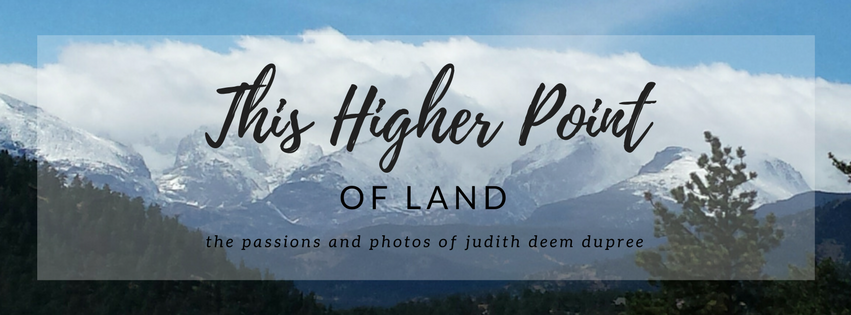This article was originally posted on the Ruminate Magazine blog on 12 February 2019.
* * *
It’s getting dark out here. It’s harder to see the beauty that the eye yearns to fix on, like the way a child stands entranced before moonlight. Sometimes we cannot find the flame of Hope that keeps the soul steady—when the footing is rough and we cannot feel the Way Homeward. When Home is not visible, when we do not know what Home is. These days it’s a rugged uphill zigzag, groping for familiar signs that have always glimmered just a step or two beyond our clumsy reckoning—like a low drift of stars above a stark, dark hillside.
Sometimes it’s lonely, slipping into shadows that are patterned by a glare of harsh light.
I have lived a long life in a world too few would recognize now. I reckon, by today’s standards, it was “old fashioned.” Simplistic? We managed to live with an ingrained sense of simplicity, of sufficiency. Our lives defied any particular sort of accumulation. In my community, we didn’t experience what wealth or the utter lack of it can do to the human soul, because we didn’t face either alternative: glut or bare subsisting. My professor-papa and his mix of friends were on the same scale at the church, the school, the grocer’s, the gas station. They were there for each other in the things that counted—perhaps a side of beef from the latest butchering, hand-me-downs for the ever-sprouting kids, a strong right arm with a grip on a hammer. Or most likely, a long-strong shared grip on the collateral of daily life.
In that lost world, we didn’t count our “farthings” as if they were our life. We all “did without” during a horrendous war far from our front doors. If your car was up on blocks due to a lack of rubber, or our car was too run down to repair without new parts, we swung by for a ride. Or walked. Or streetcar’d or bussed or hauled out the old bike & patched the tires over and over.
The complexity of our interdependence was a multiple of life’s simplicities. We could not imagine today’s equations—the knot of interwoven superfluities that goad us.
War was our unseen enemy, but when the lights went out for air raid drill, the darkness did not grip. It was not fear that drew us close, not in the great Midwest, but a life-changing grief. We mourned over something much greater, more eternal than our stringent days: Our hearts were ripped, were riven over the endless cruelty unleashed by “civilized” society.
It was a time and place in history unlike any other. A long, hard historic moment-momentum of discovery, of recovery, that will never recur in quite the same way, and will forever illuminate the shadows of our need. This, this fortress that arose in a timeless panoply of Truth, is where a stranger suddenly becomes a friend. Here, and anywhere. Even our enemies. Especially them, at the end of it all. Despite all our moral failures as a nation, this lesson learned seemed to be our redemption.
Today, too, is a time unlike any other. We find the U.S. difficult to recognize now. The gloom, the clotting of our national soul. The grip of a strong right arm on the neck of civility. Today, those who rule us make war, tell us whether we are above or below our neighbors, tell us we need anything and everything. Today we so often listen to the wrong voices, and too often make the wrong choices.
Today, a friend who was etched into our heart becomes a stranger. Today, a servant of our nation devolves into a sycophant. Today, our concept of community, of neighbor, is ravaged by false dichotomies.
Today, our every day, is a eulogy for what our nation always proclaimed to uphold. Today, portions of our nation’s past lie shattered, strewn across the borders of our states, and we have raised new “boundaries” that name us. That shame us. Today is a darkness we have made, by action or consent . . . or by the kind of inaction that forfeits what we most need because it comes as a cost to our personal comfort.
Home
is not visible. We don’t know what Home is. I am old, and I have lived
and learned—by heart, and years of stumbling—where the footing jogs and where
it runs true. I have seen the falling of the darkness and the way it swallows
us. And I believe in miracles—a glow, a radiance that each of us is meant to
yearn for, to soak in, to wear against our hearts— to guard against the
lengthening shadows. I believe in you who shrug the darkness.
I’ll
leave the light on for you.
~Judith









